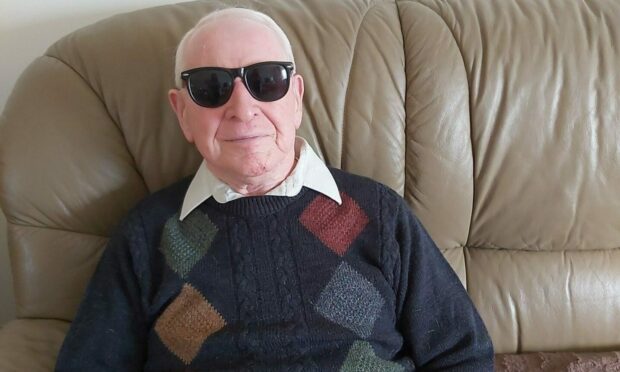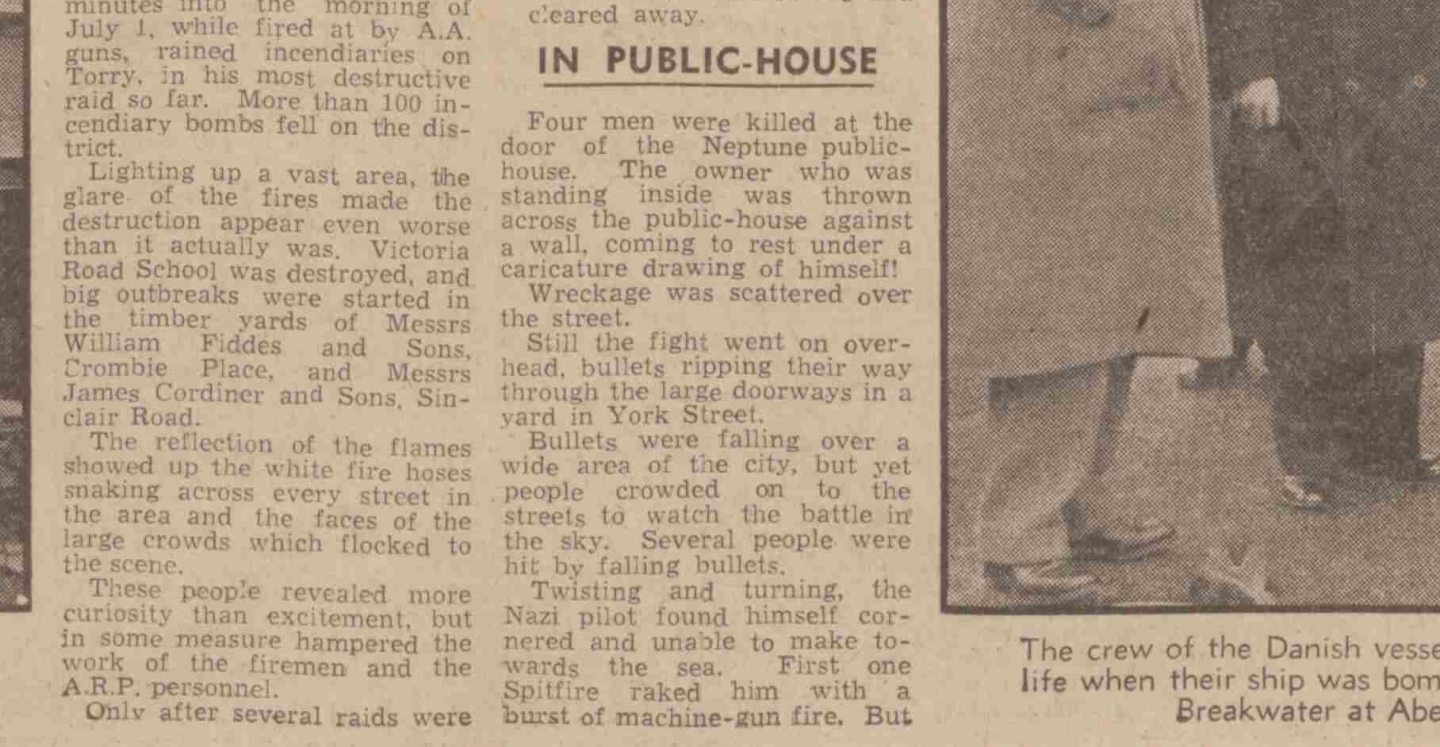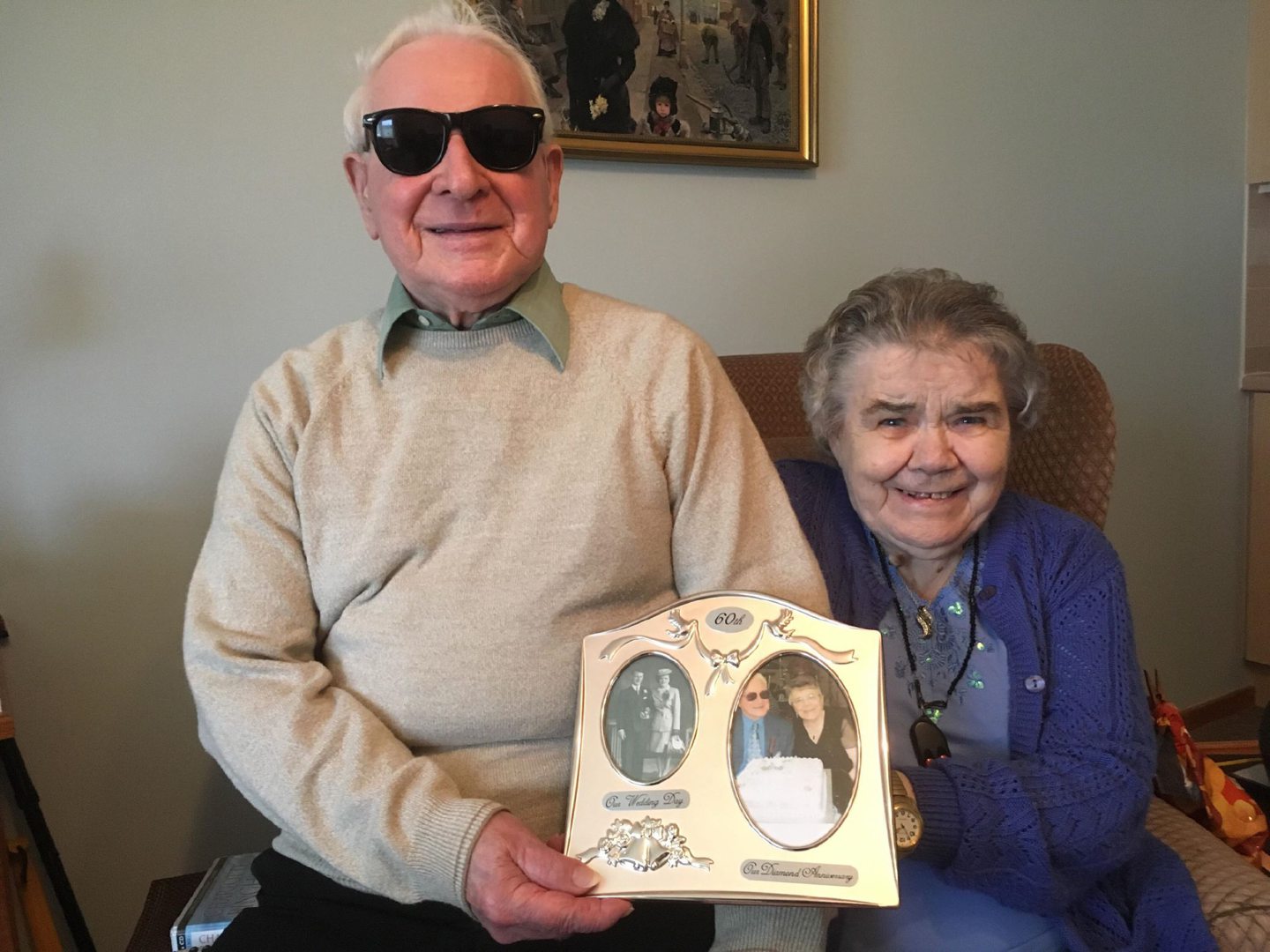It was only by a stroke of good fortune that Leonard Baxter, who has died aged 96, survived one of Aberdeen’s most deadly wartime bombing raids.
His mother had taken Leonard, then 13, to visit his grandmother in Spital at lunchtime on July 12 1940 when a German bomber closed in on the city’s harbour area.
In a matter of seconds, the family flat above the Neptune bar had been destroyed and four pub customers lay dead.
Many more were killed when a bomb hit the boiler room of Hall Russell’s shipyard. It was the most devastating air raid on Britain to date and become known as Tragic Friday.
The pub owner, who was inside, was thrown across the premises and came to rest under a caricature of himself. Remarkably, it had been drawn by Lenny, a skilled artist, and sold to the proprietor for two shillings and sixpence.
Lenny, his widowed mother, Jane, and older siblings Jean and Tony were made homeless and remained at Spital until they were rehoused, in Torry.
Not only did Lenny survive the war but he went on to thrive over the decades, and not even impaired hearing or blindness prevent him from leading a full life.
Career
He had a long career as an upholsterer at Aberdeen Workshops for the Blind and even upholstered a chair as a present for the Queen Mother.
In 2018, Lenny and his wife, Jane, celebrated 70 years of marriage. Sadly, Jane died just over a year ago.
Leonard Morrice Baxter, known as Lenny, was born in York Street, Footdee, in March 1927 and was educated at York Street, St Clement’s and Frederick Street schools.
When he left school aged 14, Lenny began work at Hall Russell but the work was too dangerous for someone with impaired hearing so he went to work at the fishmarket.
Lenny and Jane met at the Boulevard Dance Hall in 1945 when she was singing with the dance band.
They married in September 1948 and jointly took care of Lenny’s Mum who was by then immobile due to multiple sclerosis.
Daughter, Sylvia, was born in November 1949 followed by Brenda June in 1954.
The family then moved to Mastrick but during that period Lenny had survived a major thyroid operation and was also diagnosed with a progressive eye disease.
By the age of 27, he was registered blind and then attended a training centre in Cupar, Fife.
On his return, he started work as an upholsterer at Aberdeen Workshops for the Blind on Huntly Street, moving with them to Wellington Road where he worked until taking early retirement aged 60 due to arthritis in his hands.
Sylvia and Brenda said that when they were younger, they did not appreciate the challenges Lenny faced. He was just their dad who went to and came home from work in all weathers, navigating his way despite his impairments.
Lenny also taught himself to play the keyboard and accordion and would lead many a sing-song at home.
Sylvia said: “He enjoyed a nip of whisky and listening to the football which is exactly how he spent his last day and he got his wish to die in his own home in his own bed.
“He always said how proud he was of all his family but we were equally proud of him as our father, grandad and great-grandad.”
You can read the family’s announcement here.



Conversation